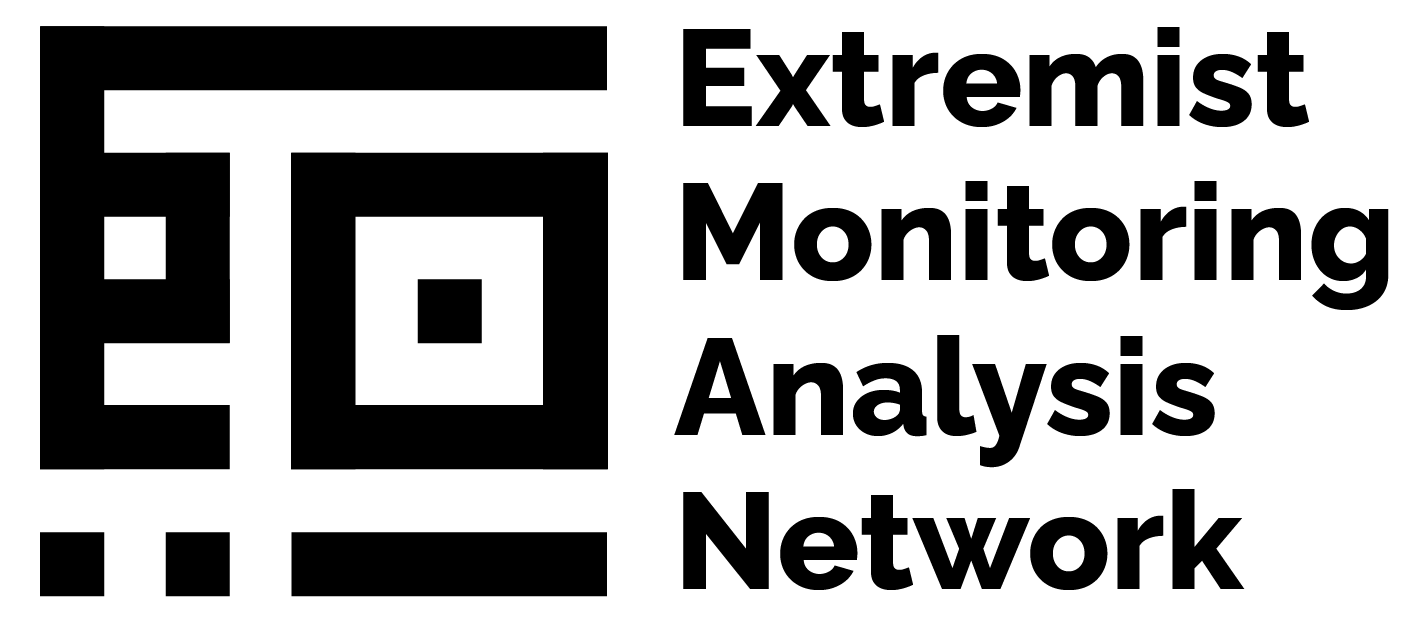Extremism in Denmark: A Brief Overview
Author(s): EMAN Staff
In the past two decades, Danish authorities have identified Islamist extremism as a substantial and urgent threat to national security. Since the publication of the controversial cartoons of Prophet Muhammad in 2005 and 2008, authorities have been particularly concerned about the threat posed by extremist militant Islamist organisations such as al-Qaeda and lone-wolf attacks. Denmark is similar to other North/North-Western European countries as it relates to the aftershocks following the publication of the cartoons, as many Islamist extremists sought to use the cartoons as a vindication that the Western world is waging a war on Islam and Muslims, and that those countries and societies must therefore be targetted.
Denmark’s participation in the US-led coalition against Daesh also increased the country’s alertness against Islamist extremist assaults that, according to Denmark’s Center For Terror analyse (CTA), is “primarily posed by refugees and immigrants with radical Islamist beliefs in Denmark or neighbouring EU countries.” A report from The Soufan Center, published in 2017, shows that no less than 145 Danish citizens have joined armed extremist Islamist organisations fighting in Iraq and Syria. Around 34 of those who left are presently fighting with half that the original figure returned to Denmark or other European nations. In total, 50 died, and less than ten are in other third countries.
Extremist Islamist preachers in Denmark have also overtly expressed their support for Daesh and other radical armed groups. In September 2014, and in an interview with Danish media outlet, Den Korte Avis, Grimhøj Mosque spokesman Fadi Abdallah openly declared his support to Daesh, stating that “an Islamic state will always be what Muslims long for, therefore we cannot help but support the Islamic State. Even if it makes mistakes, we will just have to wait and see.”
Despite Daesh’s capabilities and media operations having witnessed a significant decline since its territorial defeat in Iraq and Syria, Danish authorities have carried out multiple arrests and prosecuted numerous terrorist suspects who are believed to have militant motives and Daesh sympathies. A recent arrest in April 2020 saw Danish police detain a suspect in Copenhagen who was planning to carry out terror attacks around the country using small arms. Likewise, in December 2019, the Danish police detained 20 suspects in connection with an Islamist-inspired terrorist attack plot. The suspects reportedly attempted to procure explosives and guns. Additionally, in November 2017, a Danish high court convicted a 16-year-old girl to eight years in jail for conspiring to attack two schools, including a Jewish school in Copenhagen, and in April 2016 — the Copenhagen police detained four foreign fighter returnees on suspicion of violating Danish counterterrorism legislation while fighting in Syria.
In addition to the threat posed by Islamist extremists in Denmark, far-right propaganda has shown a significant increase during the past couple of years. According to Anders Henriksen, director of the CTA, “the most likely right-wing terrorist action in Denmark is an attack carried out by a single terrorist or a small gang.” Denmark’s right-wing extremists have a variety of goals, including resisting the expansion of the number of Muslims in Denmark, as well as other goals such as limiting immigration overall and confronting political opponents blamed for non-Western immigration to Europe. Like the vast majority of their far-right comrades in other western countries, Danish far-right extremists constantly incite hatred against religious minorities, asylum centres, refugees, migrants and even politicians with left-leaning policies. In September 2020, members of the far-right organisation “Danish Hard Line”, known as (Stram Kurs) burned copies of the Quran in Swedish towns, despite having been banned by Swedish authorities from doing so. The leader of the organisation, Rasmus Paludan (click here to view profile) also burned copies of the Quran in the Swedish town of Malmö in the same year.
During the COVID-19 pandemic, and inline with similar trends across the vast majority of the Western world, the CTA discovered that some far-right extremist anti-vaxxers and organisations have managed to build a strong and influential social media presence and that online media is being commonly utilized to disseminate right-wing extremist material and radicalise others. The conspiracy theories and hate speech surrounding COVID-19 has also flourished across Danish right-wing extremist websites, where postings and comments related to the virus have been rising since the beginning of the year. Some of these posts argue that immigrants and the presence of ethnic minorities will lead to an economic crisis and eventually a civil war, including the collapse of Danish democracy. Far-right elements, therefore, like their Islamist counterparts, rely on an existential narrative of ‘us vs. them’, and hence argue that the only solution is a fascist ideology of national-socialism as the only bulwark against Muslims, immigrants and government restrictions relating to COVID-19.
